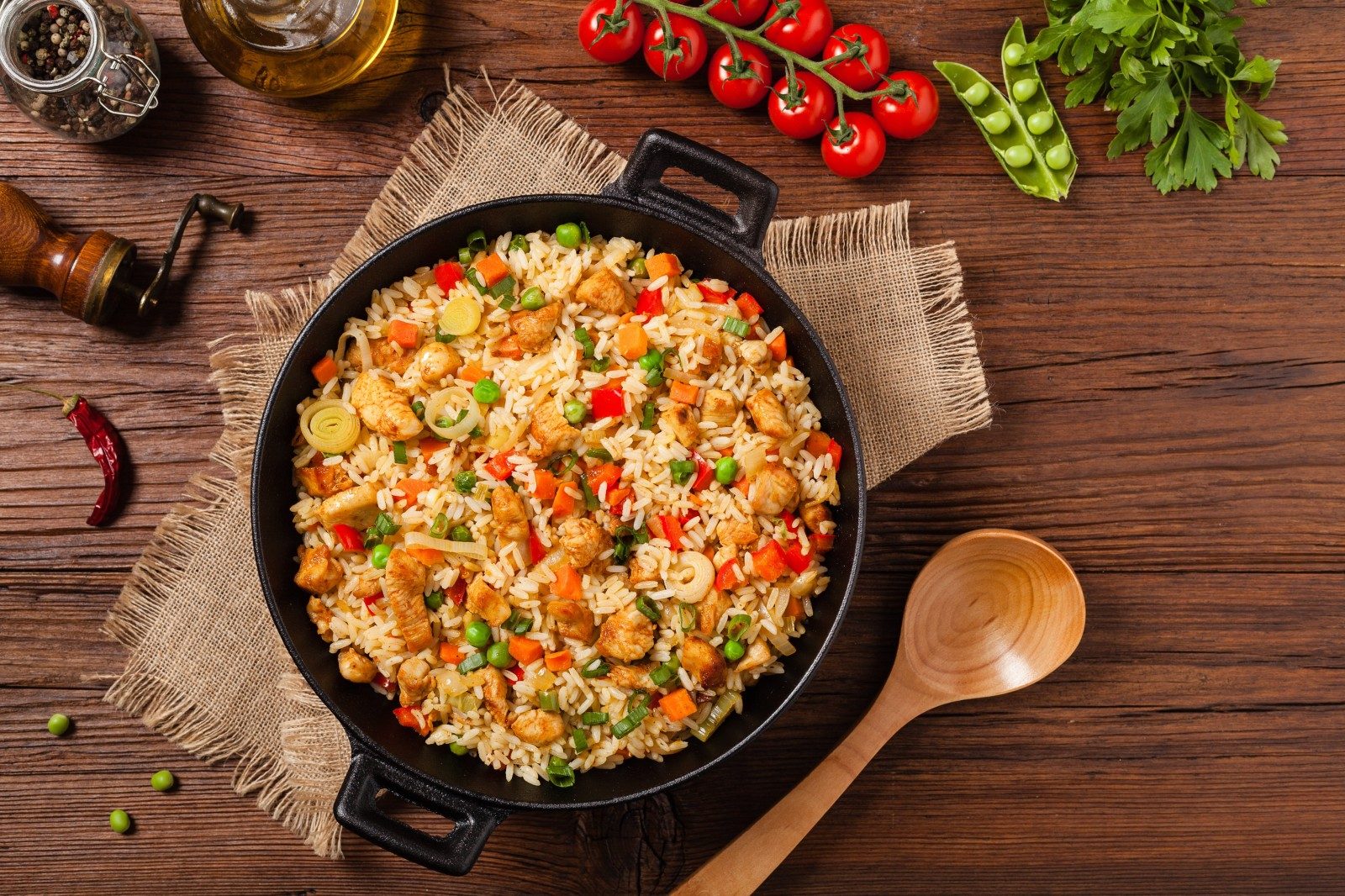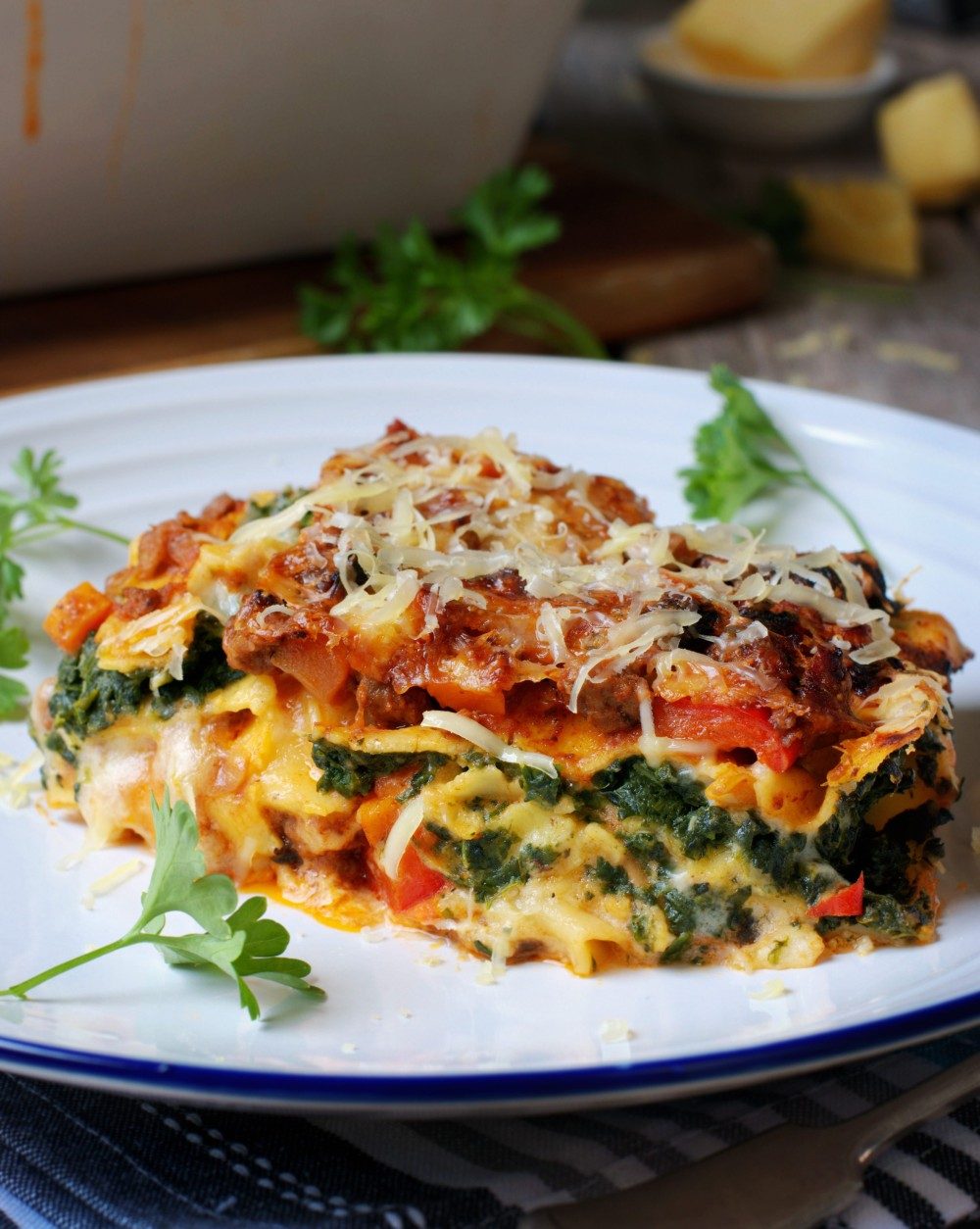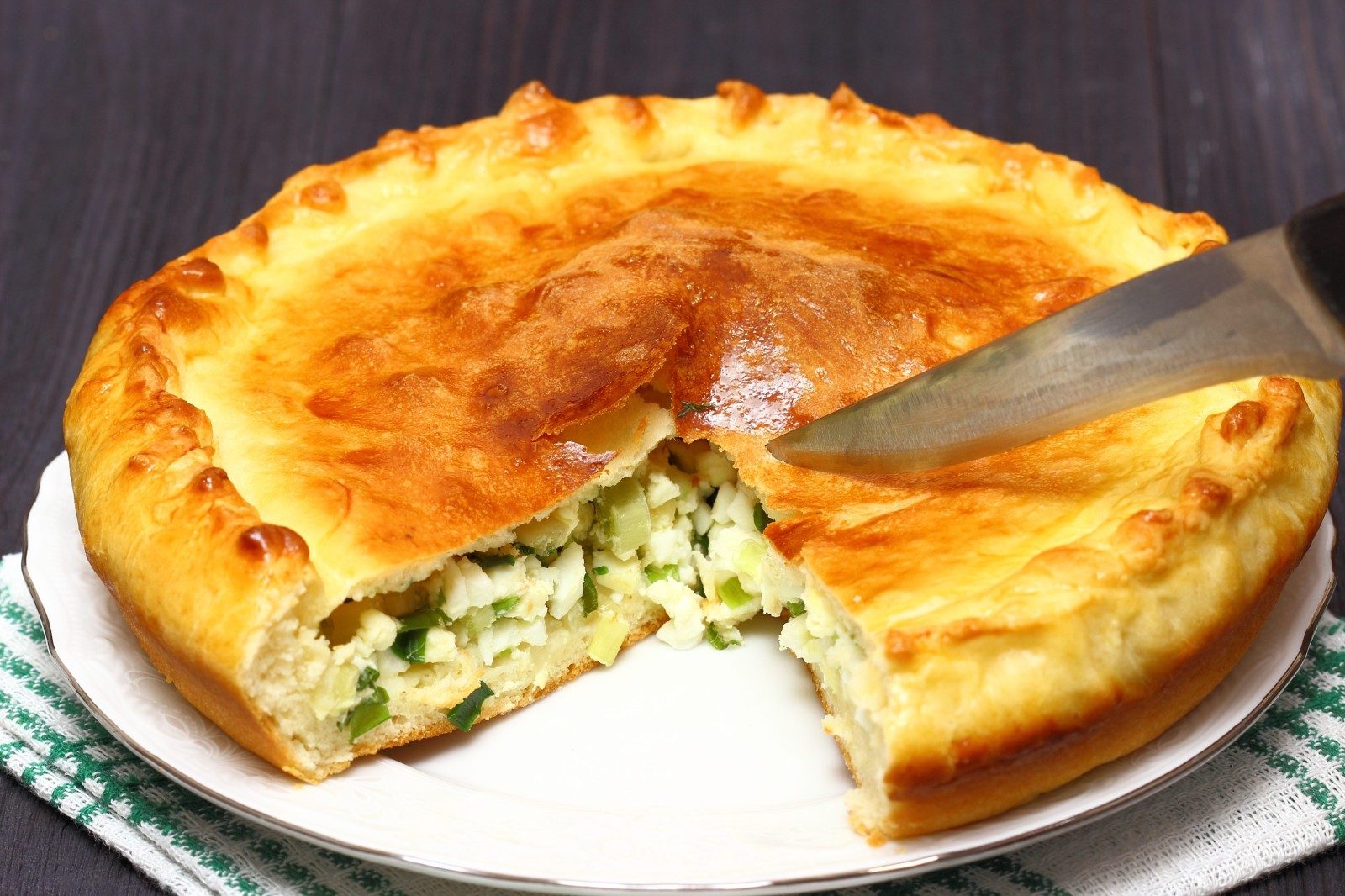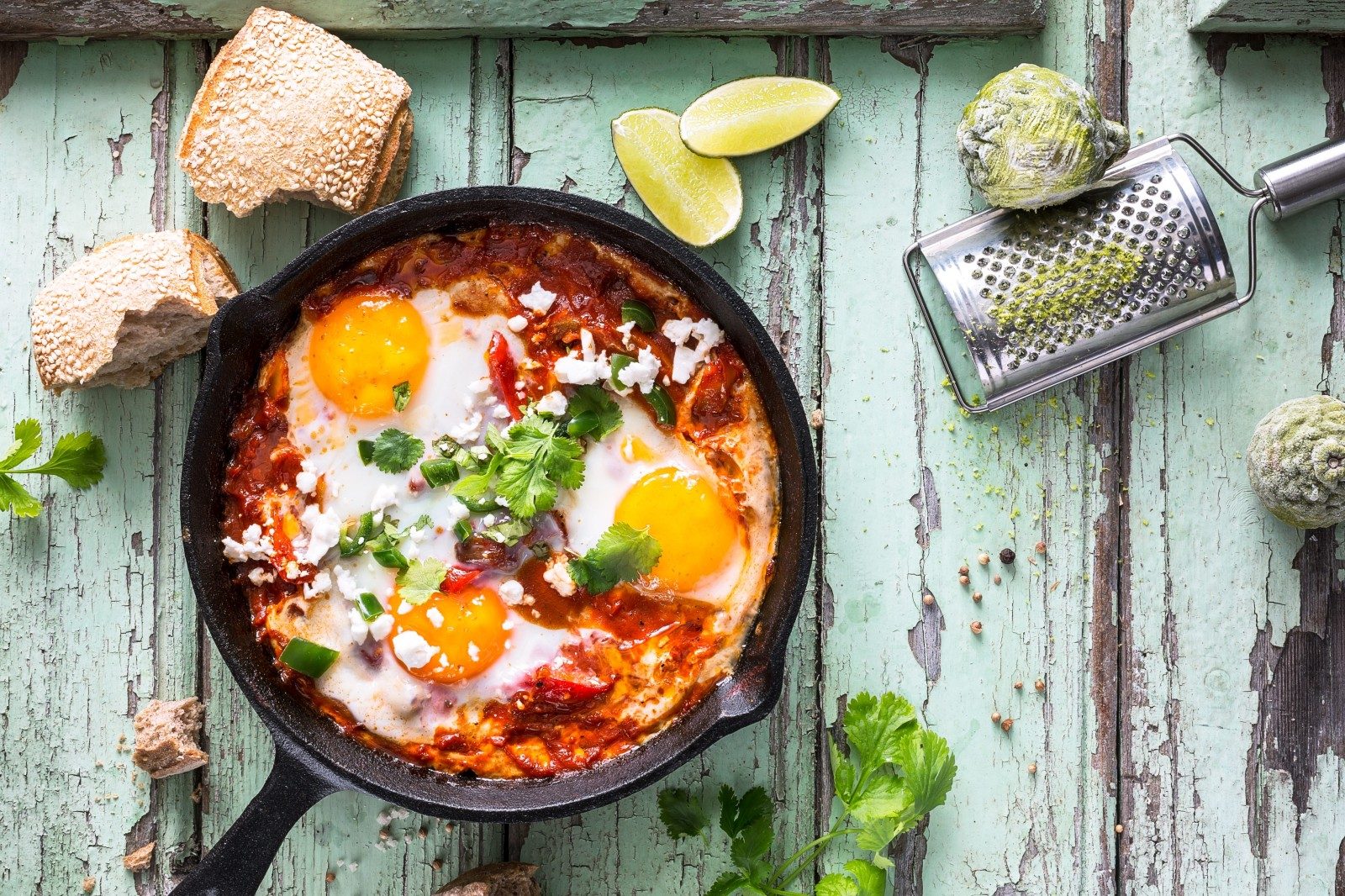Want to miss a social round of golf or competition due to being unwell? I didn’t think so. No athlete wants to be unwell, let alone in
the lead up to an important event as this can affect performance and worse yet, mean you might have to withdraw. Protecting the immune
system is an important consideration all year round for any athlete.
Having a strong immune system can help to reduce the risk of illness, and good nutrition can play a role in this. Eating a variety of food
across all food groups, especially brightly coloured fruit and vegetables, can help provide the body with a range of different vitamins and
minerals important to protecting immune function. Hence aiming to having two serves of fruit and five serves of vegetables every day is the
goal.
Under fuelling
Athletes who don’t consume enough food and fluid to meet their energy requirements are at risk of under fuelling, and this can compromise
immune function. It is important to ensure you are giving your body enough fuel to support your training sessions, competition and the other
daily demands in your life. Having carbohydrate-based snacks when you are out on the course or during long training sessions is
important for keeping you fuelled. Plan your day ahead – on days where you are more physically active with training or competition, you will
need to consume more carbohydrates, so pack some extra snacks in your golf bag.
Unfortunately, there are no miracle or superfoods that are going to solely protect your immune system so getting a range of foods is the
key, focussing on some important nutrients that are immune boosters.
Zinc
When it comes to your immune system, zinc is a key component. Amongst other key functions, it plays a role in cell division, cell
growth and wound healing. Specifically, when it comes to zinc and our immune system, ensuring you have an adequate dietary intake of
zinc can help reduce the risk of infection. Zinc can be found in animal products such as meat, seafood, poultry, nuts and seeds and
dairy.
Zinc supplementation has been shown in some studies to reduce symptoms of the common cold but supplementing with zinc over a long period of
time has been shown to weaken the immune system, so it is wise not to supplement with zinc as a preventative measure.
Prebiotics and Probiotics
The popularity of pre and probiotics is on the rise in the general population, but don’t get them confused as they both have different
roles.
Prebiotics are dietary fibre that feed the bacteria in the large bowel. When bacteria eat the prebiotic fibre, short chain fatty acids are
produced. These fatty acids keep the gut lining healthy and boost immune function. Including foods like wholegrains, rice, pasta,
lentil, legumes, fruit and vegetables in your diet will provide you with prebiotic fibre.
Probiotics are living microorganisms that can help develop the gut bacteria. There is some good evidence to support probiotic
supplementation to reduce the likelihood of developing infections in the upper respiratory tract, and in reducing the severity of illness.
There are also links to supporting mental health by improving mood and lowering stress and anxiety.
Fermented foods like yoghurt, kefir, sauerkraut, kimchi and tempeh are dietary sources of probiotics but you will also find them in tablet
form or as powdered supplements. Speak with your Accredited Sports Dietitian about brands and dosage protocols.
Vitamin D
Vitamin D is critical to supporting immune cells. Our best (and easiest to access) source of vitamin D is the sun, but access to sufficient
sunlight can be difficult in winter. Vitamin D can be found in small amounts in fish with small bones (tuna, sardines, salmon), eggs,
mushrooms and fortified foods such as cereals, juice and milk (and plant-based alternatives).
If you are deficient or have concerns it is best to talk with your GP or Accredited Sports Dietitian.
What about supplements?
A food first approach is always best, as nutrients are best absorbed in their natural form. If you are deficient or have an inadequate
dietary intake, supplements may be beneficial. It is best to talk with your doctor and Accredited Sports Dietitian prior to starting
supplements, and if you are playing at the elite level, be sure your supplements are batch-tested to minimise risk.
Things to include:
- Eating a variety of different coloured foods
- Eating foods that contain pre and probiotics
- Getting outside and getting some vitamin D
- Being aware of your stress levels and adopting strategies to help you manage them
- Washing your hands, especially prior to eating
Things to miss:
- Avoid excessive alcohol consumption
- Don’t overtrain – manage training loads with your coaches and support team
- Don’t use supplements if they’re not required – a balanced diet should provide you with all the nutrients you need

ASIAN CHICKEN FRIED RICE AND VEGGIES
Serves 4
Ingredients:
- Spray olive oil
- 1 egg, lightly beaten
- 1 onion, finely chopped
- 400 g chicken breast, roughly chopped
- 1 green capsicum, chopped
- 200 g button mushrooms, sliced
- 1 1/2 cups cabbage, finely shredded
- 1 large carrot, grated or thinly sliced
- 1 cup snow pea sprouts
- 2 cups of brown rice, cooked
- 1 tablespoon chopped fresh parsley
- 1 tablespoon soy sauce, reduced salt
Method:
- Spray a nonstick wok or frying pan with oil and heat. Add the egg and swirl to create a thin omelette.
- When the egg has set and cooked, turn out, cool and cut into short, thin strips.
- Cook rice according to packet directions. Once rice is cooked, drain and cover until needed.
-
Wash the wok or frying pan and spray with oil and heat again. Add the onion and cook over moderately high heat for 2 minutes stirring often.
Add the chicken in and cook for a further 4-5 minutes until chicken starts to brown. Add all vegetables and stir-fry for 5 minutes or until
the vegetables are just softened. Add the rice and stir until combined and heated through. Finally, mix through the parsley and egg, and
season with soy sauce to taste.

MEATLESS LASAGNE
Serves 8
Ingredients:
- 3 eggplant (sliced 2cms thick)
- 3 large red capsicums (sliced in 4 pieces, length wise)
- 2 zucchini (sliced vertically into 4 slices, 1cm thick)
- 6 eggs
- 1 1/2 cup grated tasty cheese
- 1/4 cup grated parmesan
- Lasagne sheets (fresh)
- 2 tbsp extra virgin olive oil (evoo)
- 1cup water
- 750ml Passata Sauce
- 2-3 garlic cloves crushed
- 1 brown onion, chopped
- 6 fresh basil leaves
- 10 mushrooms
- 1 tsp veg stock powder
Method:
-
Pre-heat oven to 180 degrees celsius – place sliced vegetables on baking tray (with baking paper), drizzle evoo and add salt. Bake
for 25-30mins.
- Place 6 eggs in boiling water, once boiled - slice each egg into quarters.
- In a saucepan, fry onions and garlic. Add passata sauce, basil, stock, salt and pepper. Cook on medium for 10mins.
- Add 1 cup water and thinly sliced mushrooms, cook for another 10min, then set aside.
- Cook lasagne sheets as per instructed on the packet.
-
Assemble using ceramic baking dish; add 100ml of sauce as the base, layer with 3 lasagna sheets, add half of the vegetables, add 250mls of
sauce, add 1/2 cup of tasty cheese, place 1/2 of the boiled eggs on top. Add another layer of lasagne sheets and repeat. Add the
final layer of lasagne sheets and sprinkle remaining tasty cheese and parmesan on top.
- Bake at 180 degrees for 20mins.

CHICKEN AND SPINACH PIE
Serves 5
Ingredients:
- Spray oil
- 1 tsp olive oil
- 10 sheets lo pastry
- 1 onion, diced
- 1 garlic clove, crushed
- 300g chicken breast, diced
- 1 1/2 cups low-fat feta, crumbled
- 1 1/2 cups low-fat cottage cheese
- 250g spinach, roughly chopped
- 5 eggs, lightly beaten
- Small handful pine-nuts
Method:
- Preheat oven to 180 degrees.
- Spray pie dish with oil or line bottom with baking paper.
- Lightly brush or spray 5 sheets of lo with oil and line baking dish.
- Heat oil in a medium non-stick pan and cook onion and garlic over medium heat for 4 minutes or until golden.
- Add chicken to pan and cook for 4 minutes or until cooked through.
- Scatter chicken and onion mixture over the pastry.
- Combine feta, cottage cheese, spinach and eggs in a bowl and pour mixture over chicken.
- Brush or spray remaining lo layers with oil and cover top of pie. Tuck in the edges to seal pie.
- Crumble over some feta cheese and pine nuts.
- Bake for 20-30 minutes or until golden

SHAKSHUKA
Serves 4
Ingredients:
- 2 tablespoons (30ml) of extra virgin olive oil
- 2 red capsicum, chopped into 1-2cm pieces
- 1 brown onion, roughly chopped
- 4 cloves garlic, finely chopped
- 1-2 long red chillies, chopped, to taste
- 2 teaspoons ground cumin
- 1 teaspoon ground coriander
- 1 tablespoon paprika
- 400g can chopped tomatoes, undrained
- Salt and freshly ground black pepper, to taste
- 4 eggs
- 1/2 cup feta cheese or labneh (optional)
- 2 tablespoons chopped coriander
- Pita bread, toasted, to serve
Method
-
Heat the olive oil in a large frying pan over a medium heat. Add the chopped capsicum and onion and cook (stirring occasionally until soft
but not brown) for about 6 minutes. Add garlic, cumin and paprika and cook (stirring frequently until garlic is soft) for about 2 more
minutes.
-
Add the tomatoes and bring to a simmer for 5 minutes. Taste and season with salt and pepper. If the sauce is too thick, you can add a splash
of water.
-
Make four indents in the simmering sauce with the back of a spoon to create a little hole for the eggs. Gently break an egg into each. Cover
with a lid and gently simmer for 3-4 minutes or until the egg whites are set but the yolks are still slightly runny (cook for an extra 2
minutes if you like well-cooked eggs). If the eggs look undercooked, you can gently spoon some of the tomato sauce over the top of the eggs
to baste them, being careful not to disturb the yolk. Add the feta cheese for the last 2 minutes.
- Sprinkle chopped coriander on top and serve with toasted pita bread, if desired.
Sports Dietitians Australia
Empowering you to take performance to the next level! SDA is the peak professional body for Accredited Sports Dietitians, working with
active Australians to achieve their health and performance goals with credible and expert sports nutrition advice.
To ensure advice is tailored to your specific needs, head to the Sports Dietitians Australia website at https://www.sportsdietitians.com.au/
and make an appointment with your local Accredited Sports Dietitian.
For more sports nutrition information and resources head to the Sports
Dietitians Australia website
and don’t forget to subscribe to the SDA ReFuel digital magazine which
is a free quarterly publication that showcases the role nutrition plays in exercise performance.
Words by Brittany Andreola - Accredited Sports Dietitian working with Northern Bullants, Eastern Ranges
Football Clubs, Rowville Sports Academy and in private practice located in Eltham, Scoresby, and Croydon in Victoria.








